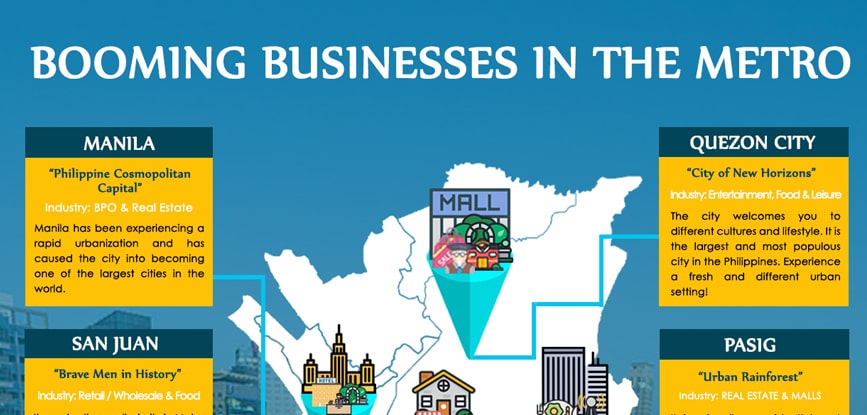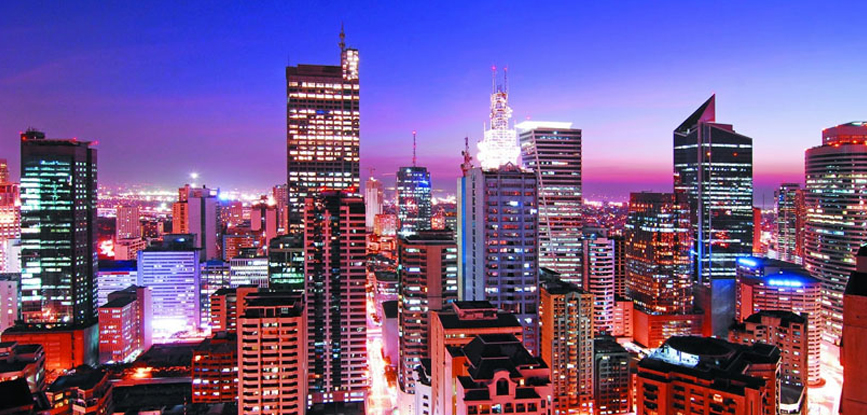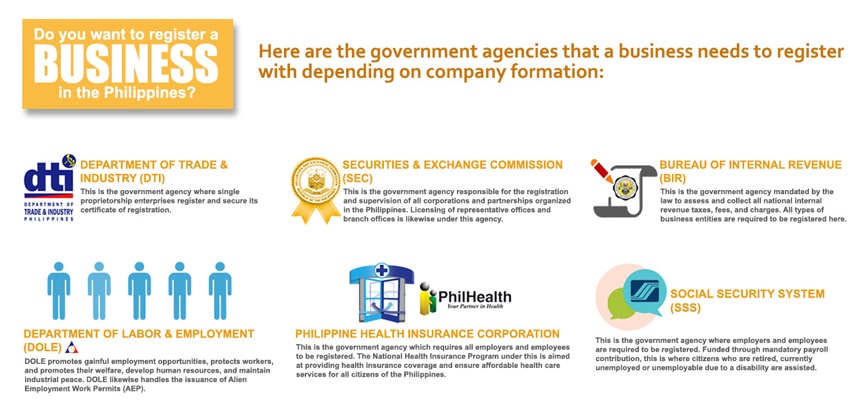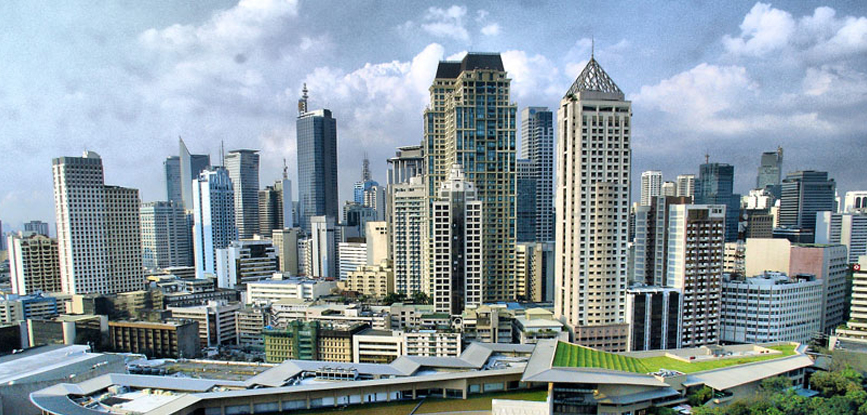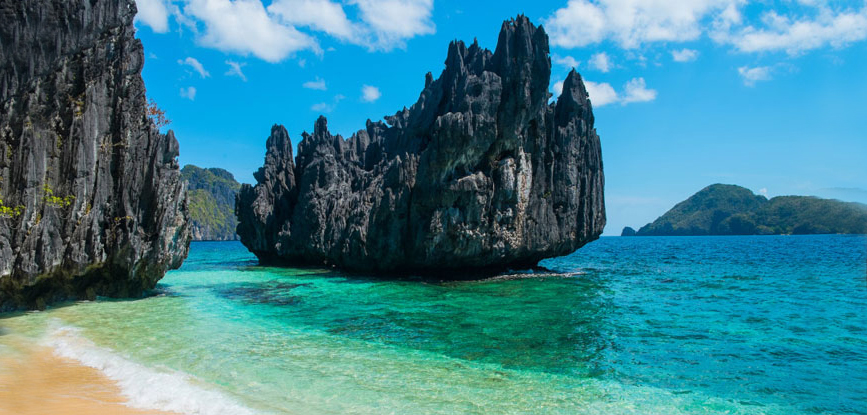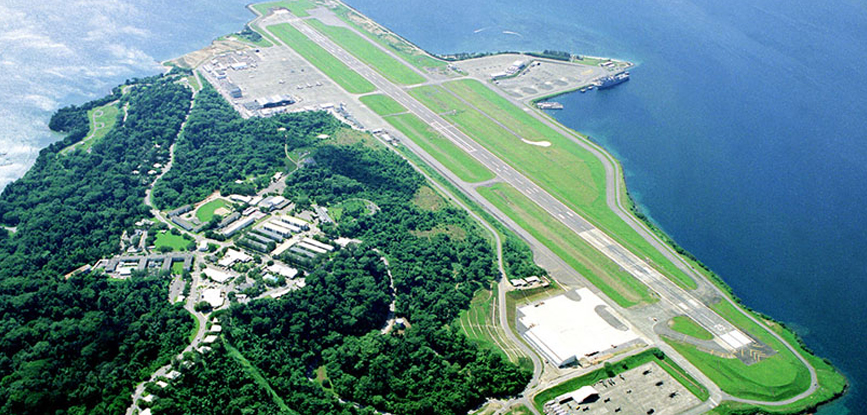Atty. Amanda Carpo, Country Head of InCorp Group’s subsidiary company in the Philippines, Kittelson & Carpo Consulting, will participate as speaker in a seminar entitled “The Philippines’ Consumer Economy: An Overview of the Philippine Market, its Consumer Landscape and Opportunities Available for Singaporean Companies”.
Doing Business in the Philippines
InCorp Philippines and Carpo Law & Associates, in partnership with the British Chamber of Commerce Philippines, brings you “Doing Business in the Philippines”. This covers discussions on how new updates and issuances from the SEC, PhilHealth, and BIR will affect current business operations, as well as projections on how the newly implemented TRAIN Law will channel favorable changes in the current Philippine business climate.
The Philippines, being a rapidly developing country, have cities that act as its engines of growth. If the urban-growth is well-organized and executed properly, the cities can help increase the regional innovation, economic growth, and prosperity.
The term ‘location, location, location,’ applies to where you decide to put your office. Metro Manila, the capital of the Philippines is home to several business districts: Makati, Bonifacio Global City, and Ortigas being the main hubs.
Department of Trade & Industry (DTI) – This is the government agency where single proprietorship enterprises register and secure its certificate of registration.
The Philippine economy looks robust with two of its cities crashing into the top 10 of the Tholons Top 100 Outsourcing Destinations for 2014. Since its opening, the IT-BPO market in the Philippines has demonstrated great potential to become a global leader by leveraging a world-class workforce.
Renewable energy is a growing industry in the Philippines, thanks in part to increased investor optimism in renewable energy investments.
Republic Act (RA) 9593, or the Tourism Act of 2009 passed by the Arroyo administration, cements a national policy bolstering investments and improving employment in the Philippines’ tourism industry.
Subic Bay, Philippines is bordered on the east by Zambales mountains and the South China Sea on the west. A former US Naval base, Subic is now a freeport zone and a gateway for the transportation of goods.
According to data from the Mines and Geosciences Bureau (MGB), the government recently issued 20 new exploration permits in the first three months of 2010 alone.



